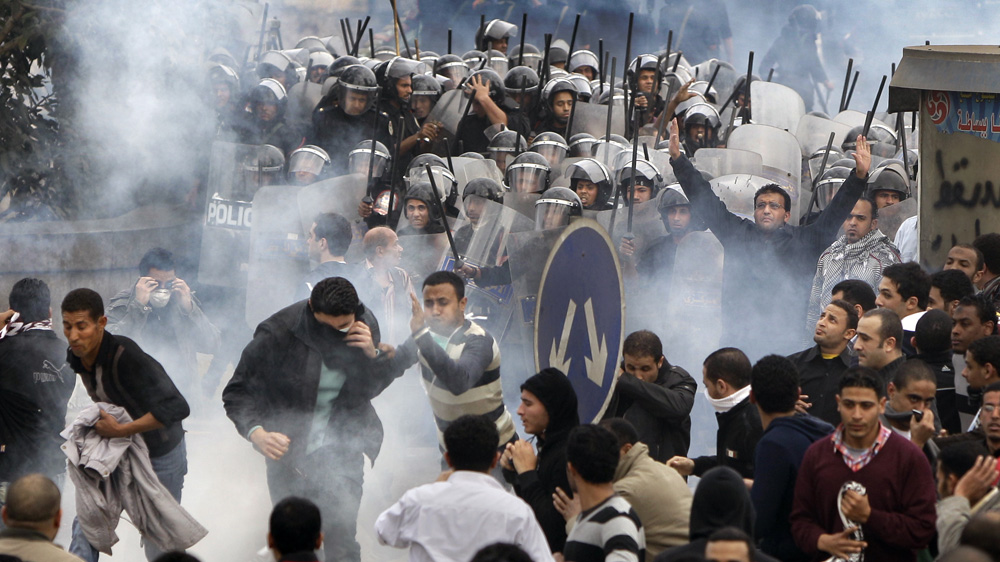Second wave of Arab revolutions ‘inevitable’, specialists issue

Doha, Qatar – Eight years after the so-known as Arab Spring, the region is facing the likelihood of one other phase of revolts attributable to pressing financial, urbanisation and unemployment challenges, specialists maintain argued.
Several Arab leaders had been deposed in the aftermath of the usual 2010 and 2011 uprisings, while others’ grip on energy changed into once loosened.
Speaking at some level of the twelfth Al Jazeera Dialogue board, held this weekend in Qatar’s capital, Doha, a different of regional specialists acknowledged it is miles « inevitable » that swap will reach to a region with unquestionably one of many sphere’s absolute best percentages of formative years.
« Huge uncontrolled urbanisation, stress on the job markets are among other socioeconomic components the main causes insensible better expectations of the formative years in the Arab societies, » acknowledged Mohamed Mahjoub Haroon, professor of social science on the College of Khartoum, in Sudan.
Haroon identified market forces, economic stagnation and uncontrolled and unplanned urbanisation as the three most valuable socioeconomic components insensible the Arab Spring that swept precise by several international locations in the Heart East and North Africa.
He argued that as long as these disorders persist, so will fissures and attempts to shake up the established ruling orders in Arab societies.
Speakers also identified the region’s « youthfulness » – about 1/2 of the Arab world’s estimated four hundred million folks is under 25 – as one other key element in any future pattern in the Arab world.
This, coupled with persisting grievances over lack of freedom and the guideline of law in tightly-controlled societies, would result in one other phase of revolutions in Arab societies, other audio system on the Dialogue board predicted.
Violent revolts?
Within the 2011 Arab Spring, Arab societies revolted with mixed results in opposition to the regimes in Tunisia, Libya, Egypt, Syria, Yemen and Jordan.
Whereas Tunisia avoided descending into conflict, the revolts in Syria, Libya and Yemen turn out to be violent and spiralled into civil wars with regional and global interventions.
In Egypt, following elections in 2012, the armed forces changed into once ready to to find its footing a Twelve months later, while Jordan’s monarchy changed into once ready to keep far from a violent route by immediate bending to the Arab Spring storm till it safely passed.
Hmoud al-Olimat, a professor of sociology on the College of Qatar, agreed with Haroon that socioeconomic components are main the Arab region into the direction of one other wave of revolts the same to the Arab spring – if now not extra violent.
Olimat drew a comparison between the nineteenth-century French revolutions that influenced other movements in Europe and in other places.
He also commented on the counter-revolutions in the region, led by conservative Arab monarchies that sought to consolidate extra energy and reverse development in the aftermath of the Arab Spring.
Olimat argued, nonetheless, that after societies maintain broken the barrier of fear of a regime’s powers, historical previous shows that revolutions will starting up again despite the pushback by the counter-revolutionary forces.
He acknowledged formative years complaints in regards to the absence of accurate pattern and the guideline of law that of their international locations will decide the manner forward for the Arab world’s ruling orders.
Olimat warned until political and social reforms are launched, the region’s ruling orders likelihood witnessing a brand new wave of revolution and violence sweeping the region.
Follow Ali Younes on Twitter @Ali_reports
Read More


Commentaires récents